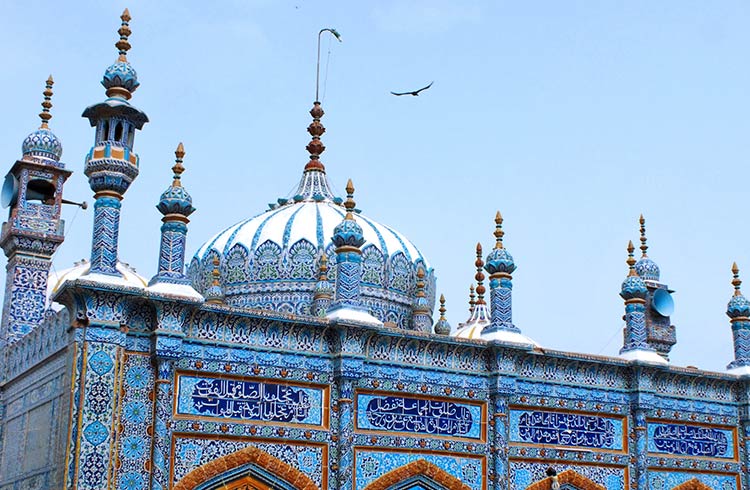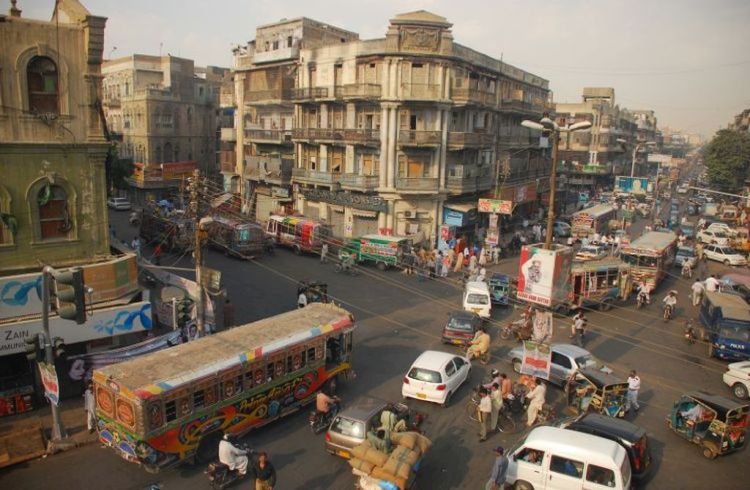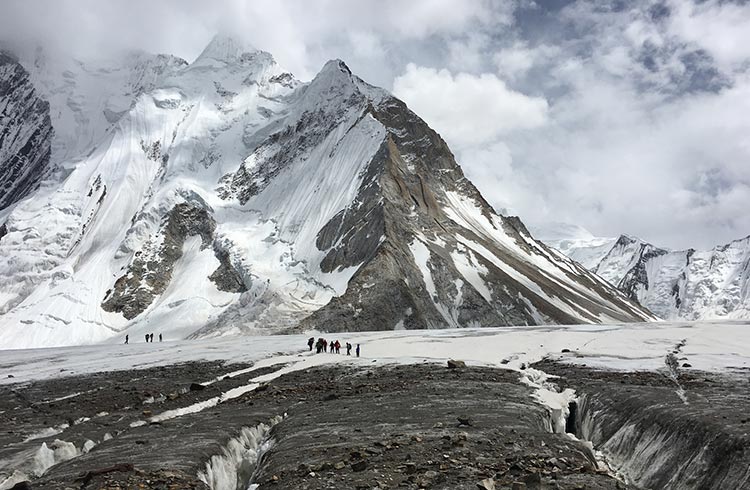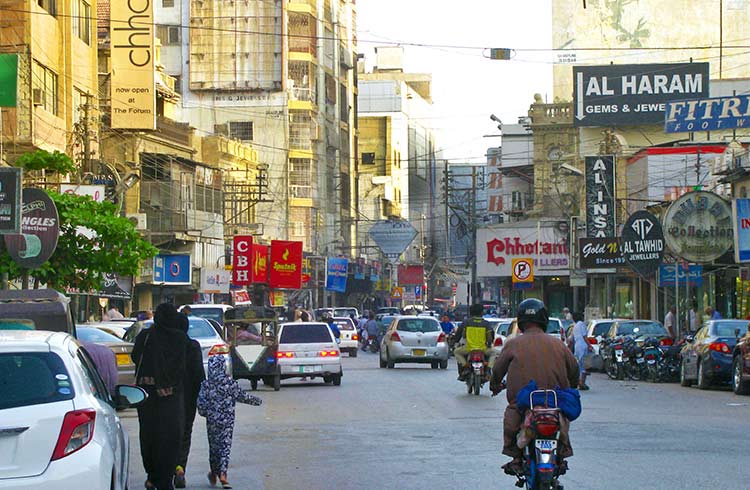Local Laws in Pakistan: How to Stay Out of Trouble
Pakistan has serious laws regarding drug offences, blasphemy, unlawful assembly and homosexuality. This is what travelers need to know.
 Photo © Getty Images/Bashir Osman's Photography
Photo © Getty Images/Bashir Osman's Photography
In addition to government sanctioned laws, there is also Islamic law to consider in Pakistan. Pakistan is a Muslim country that experiences severe sectarian violence. Most of the laws reflect religion and the beliefs of the government, and the enforcement of these laws is strict.
Drug laws in Pakistan
Despite some wide spread drug use in various areas of Pakistan, the penalty for drug offences tends to be quite severe, and does include the death penalty. Even possessing small quantities of "soft" drugs for personal recreational purposes can result in long jail sentences, heavy fines, deportation or all of them at once.
Blasphemy laws
Pakistan also has the death penalty for serious crimes such as murder and rape, but it also includes blasphemy and unlawful assembly. So, if a member of the police or security services informs you that you are, or are about to commit blasphemy, take it very seriously as the sentences are serious.
If you think some of these laws are onerous, be very careful about what you say in Pakistan as attempting to convert a Muslim or encouraging one to abandon religion altogether is illegal.
LGBTQ+ laws in Pakistan
Certain forms of sexual conduct are illegal under Pakistani law. Homosexuality and sodomy are both illegal, with penalties ranging up to life imprisonment. It is also illegal for unmarried heterosexual couples to live together, although the punishment is not as severe as those for homosexual activities.
Be aware that LGBTQ+ community experiences discrimination, so for LGBTQ+ travelers in Pakistan it's best to keep your sexual orientation discreet to avoid any unwanted attention or harassment from locals.
What you can't bring into Pakistan
Importation of alcohol or pork related products is illegal in Pakistan. Punishment is serious, so don't even try to bring these products into the country.
It is rare, but corporal punishment is sometimes enforced for Muslims who commit such crimes as robbery, public drunkenness, and general consumption of alcohol.
Other local customs to be aware of in Pakistan
There are certain things that aren't quite illegal, but should be avoided. Avoid taking photographs of airports, military and government buildings or installations – or anything that might be considered sensitive.
Pakistan is a Muslim country, and visitors must be careful not to offend the strict Islamic codes of dress and behavior, this may cause unwanted attention from both the locals and the police. Try to wear long sleeved clothing at all times, and avoid public displays of affection.
Sadly, women may be targets of harassment, and especially so if they are unaccompanied by a friend or a man.
During Ramadan, eating, drinking and smoking between sunrise and sunset is forbidden for Muslims, and while technically not illegal for non-Muslims, this is something that should be avoided in public just to stay on the safe side.
Related articles
Simple and flexible travel insurance
You can buy at home or while traveling, and claim online from anywhere in the world. With 150+ adventure activities covered and 24/7 emergency assistance.
Get a quote


No Comments